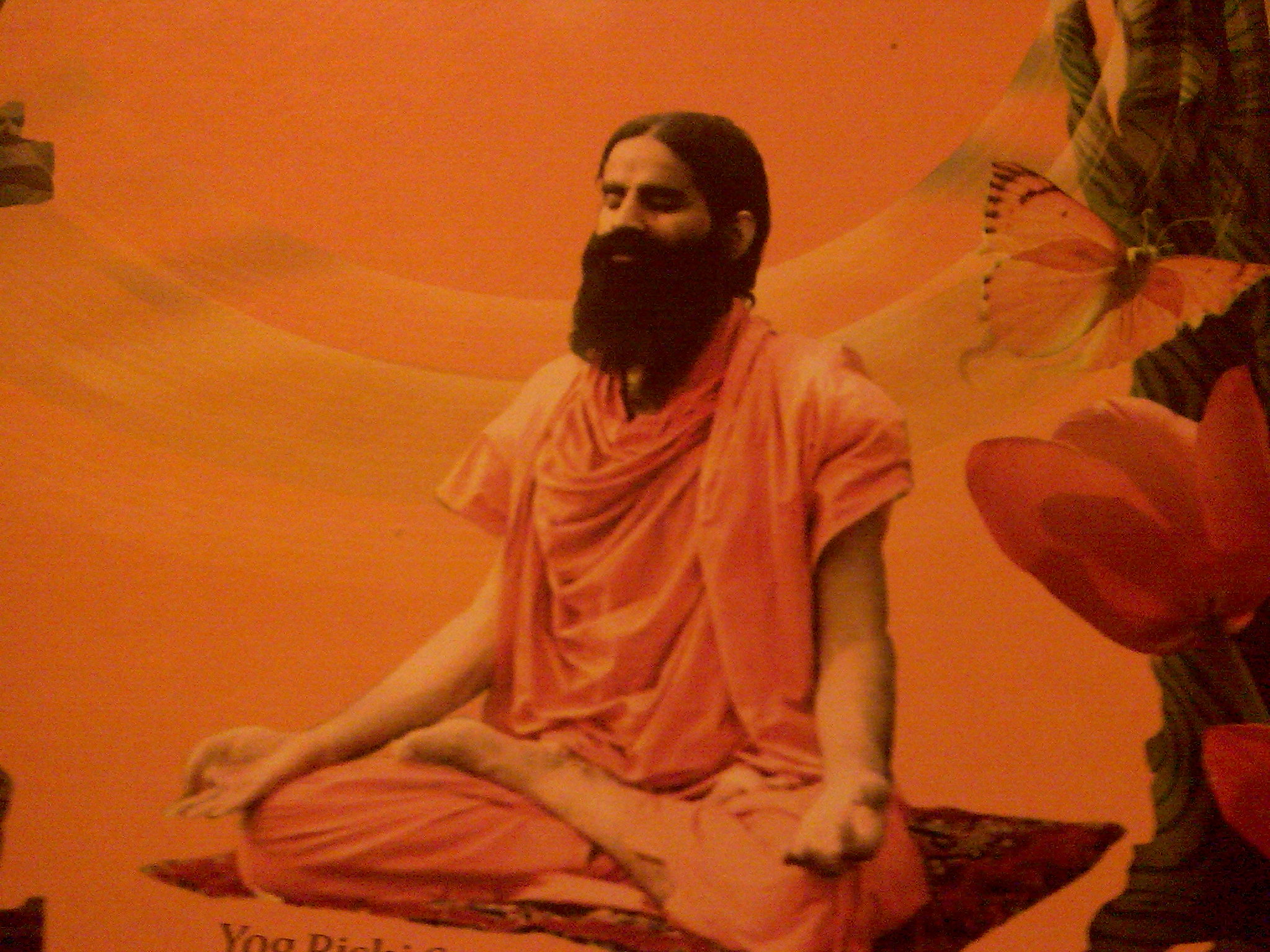Communication Regulation, the Religious Right, and the Battle over Net Neutrality
This week the Obama Administration scrapped the Fairness Doctrine and 83 other media regulations. Kathryn Montalbano examines the ongoing struggle over radio, TV, and now, Internet access and content.
by Kathryn Montalbano
In June Ralph Reed, conservative American political activist and, during the 1990s, executive director of the Christian Coalition, hosted the Faith and Freedom Conference in Washington, DC, perhaps more appropriately referred to as the “Christian Coalition on steroids.” A smattering of Republican luminaries and presidential candidates, including Glenn Beck, Mitt Romney and Ron Paul, were there to woo evangelical leadership and Tea Party activists, providing more proof the two are quite past any ideological differences.
The relationship functions, according to Reed, because the former group exhibits “a quintessentially anti-government, corporate-minded ‘Christian’ or ‘biblical’ view of the role of government.”
This alleged anti-government, corporate-minded philosophy hasn’t just helped at the polls. In the fierce debates surrounding Internet regulation and net neutrality—a term coined by former Columbia Law Professor and now member of the Federal Trade Commission’s Office of Policy Planning, Tim Wu—Reed’s reasserting his influence. Continue Reading →


